Get Involved
Join us in making a difference! Your support fuels our mission to empower individuals with Down syndrome. Volunteer, donate, or advocate—your involvement helps create brighter futures.
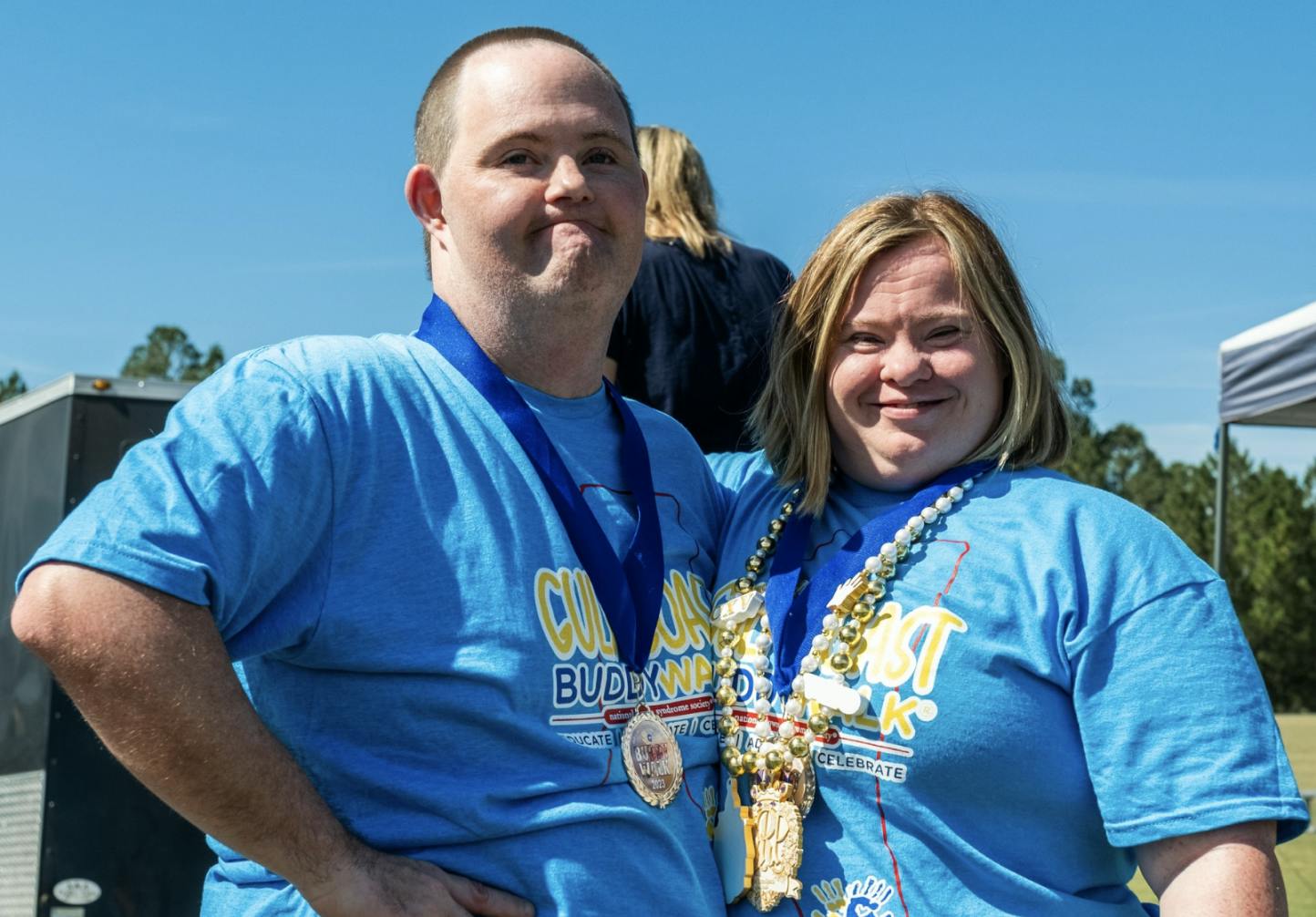
The Goal of GCDSS
The goal of GCDSS is for individuals with Down syndrome to be fully included and accepted in all aspects of community life — from education to housing and employment, and everything in between. Unfortunately, we are not there yet.
The Need for Advocacy
Despite the fact that Federal Laws have been enacted prohibiting discrimination against individuals with disabilities, educational, social, and employment barriers still exists in many forms. Indeed, individuals with disabilities often encounter some form of discrimination in their lives on a daily basis. Unlike other forms of historical discrimination in this country, discrimination against individuals with disabilities is usually not based in malice (although it can be). More often than not, it is based on misinformation and ignorance.
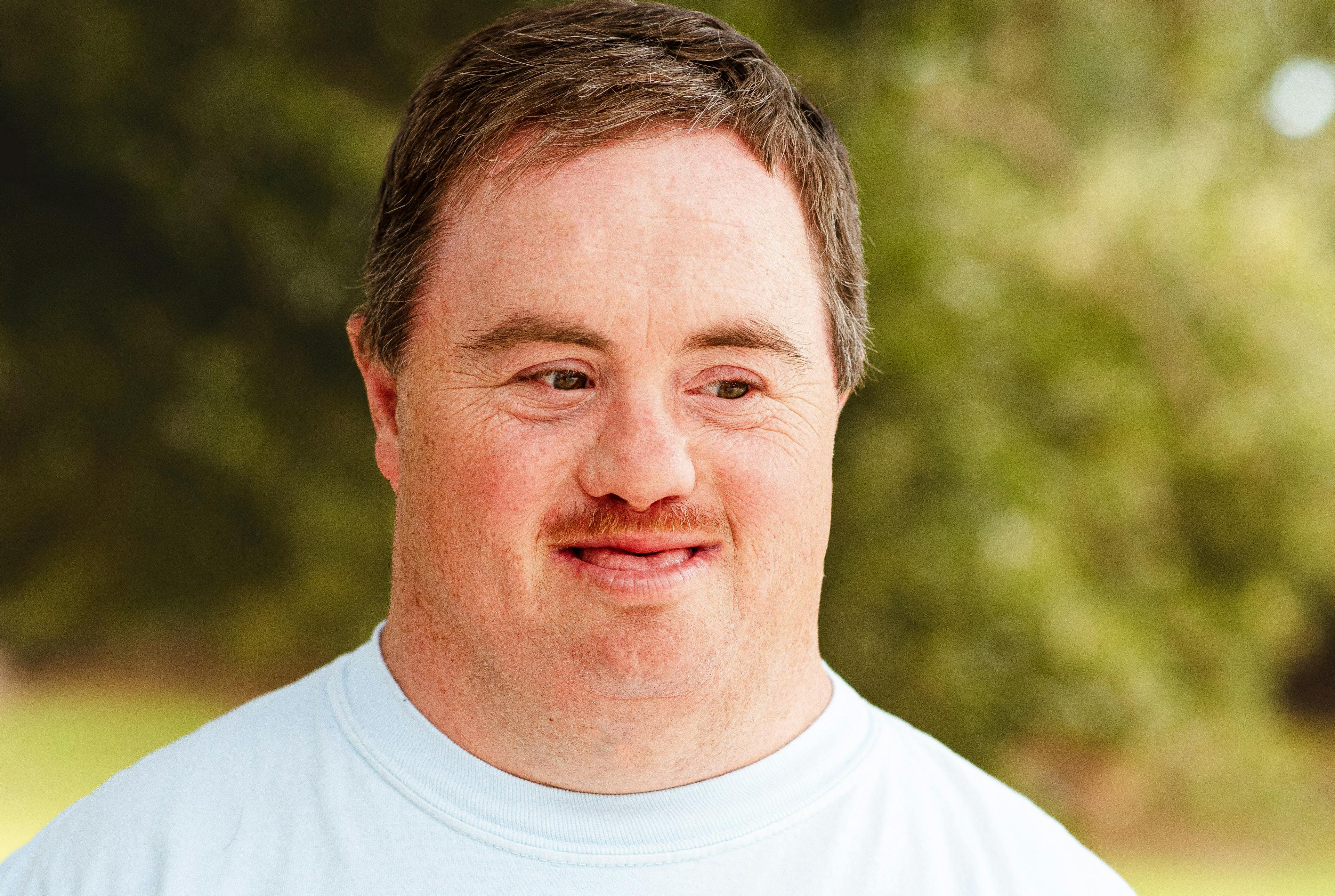
What You Can Do
You can help by becoming an Advocate or Self-Advocate. An advocate is someone who speaks out for and/or represents others. An advocate also empowers others to speak up for themselves. A self-advocate is a person who speaks out for himself or herself, either alone or with the assistance of an advocate. If you are reading this page, one of these definitions probably describes you. A parent or grandparent is usually their child’s first, best, and most effective advocate! There is no special training or degree required!

Simple Actions You Can Take
When an issue that adversely impacts individuals with a disability is brought to your attention or you become aware of an act of discrimination or hear a comment that you find offensive, there are some simple actions that you can take:
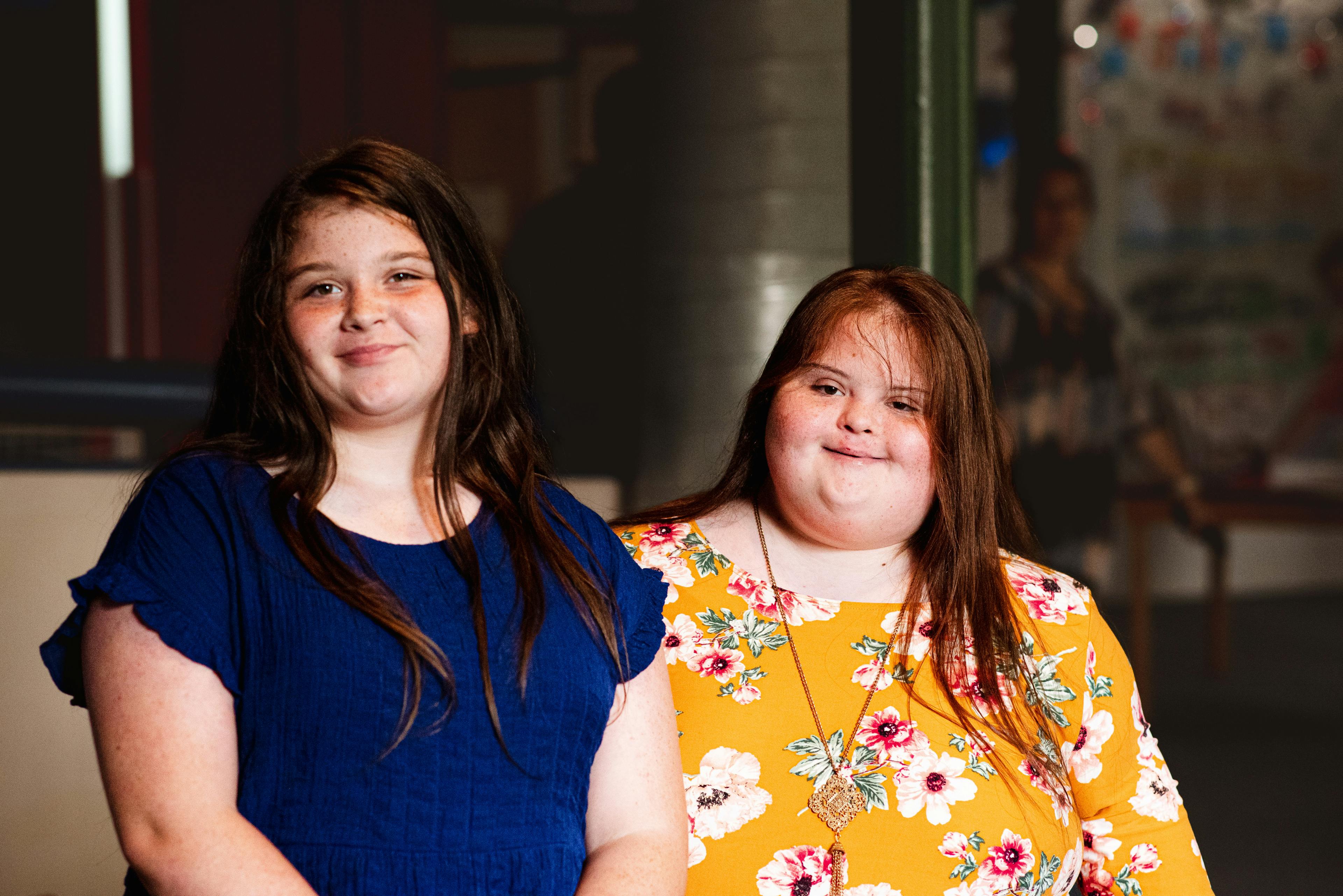
Speak Up
You don’t need to start an argument. Indeed, it is often counterproductive to become overly emotional or hostile. But, you do need to speak up. Many people in the general population have no idea how offensive the “R” word is. For example, if someone uses the “R” word in your presence, you can say something along the lines of: “My child has Down syndrome, and it is hurtful to hear that term used as an insult.”
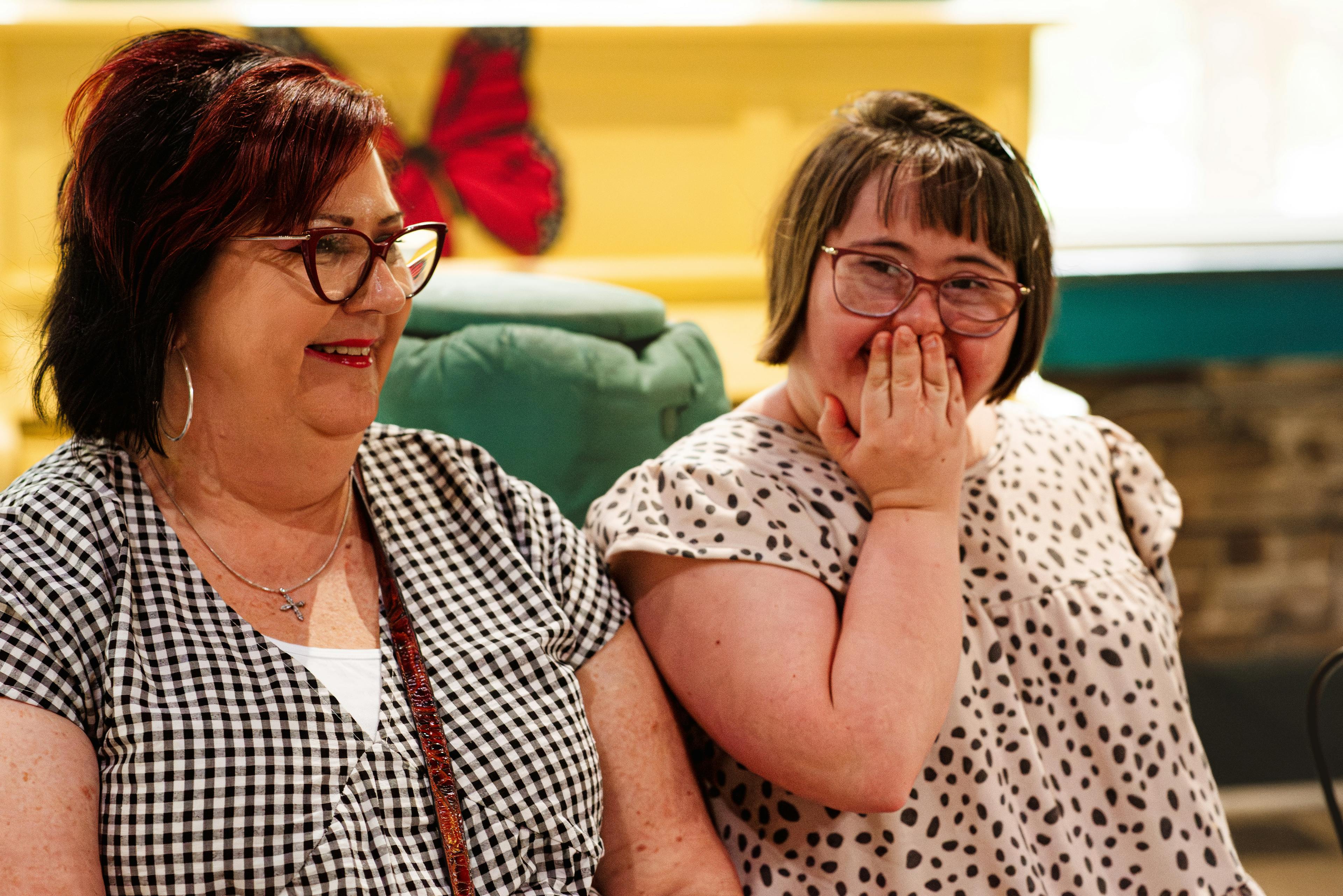
Send emails, Write letters, Make phone calls
If an issue is brought to your attention that adversely affects individuals with disabilities, whether it is in your child’s school, your state or in Washington, there are some simple actions you can take. Write a letter or send an email to the policymakers or whoever the powers-at-be are regarding the issue. Once again, you should be assertive, but not overly aggressive or antagonistic. Let your voice be heard. Check our website regularly for Advocacy Alerts.
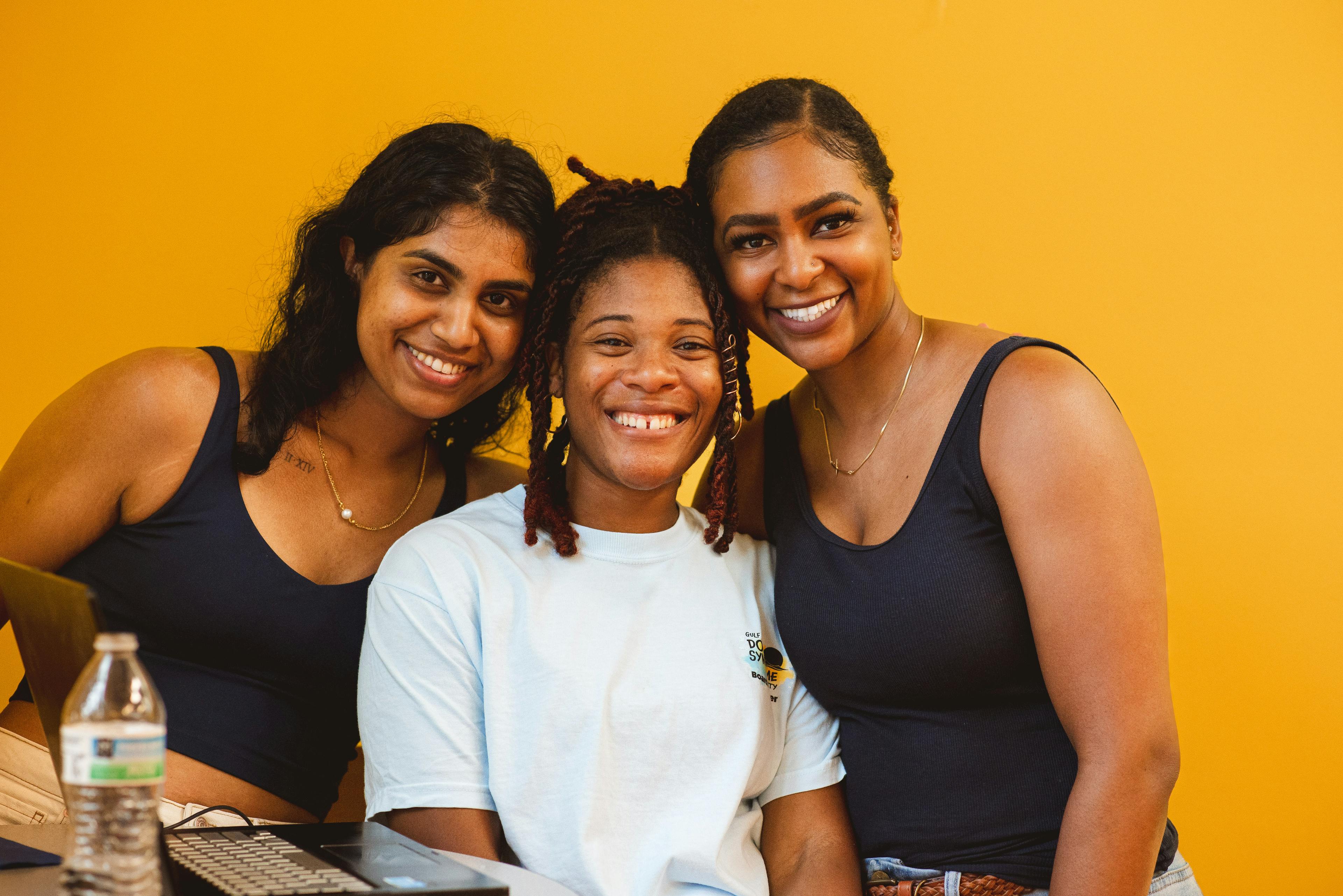
Join Advocacy Organizations
Whether you realize it or not, by simply joining the GCDSS you have strengthened our voice. There is strength and power in numbers. When GCDSS takes an action or speaks out on a matter of importance, it does so on your behalf. Without our membership, we would have no voice! Consider joining other advocacy organizations locally and nationally that also advocate on behalf of individuals with disabilities. We have provided links to a few just to get you started.
Donate
Your donation to the Gulf Coast Down Syndrome Society helps provide critical resources, programs, and support for individuals with Down syndrome and their families. Together, we can foster inclusion, education, and empowerment. Make a difference today!